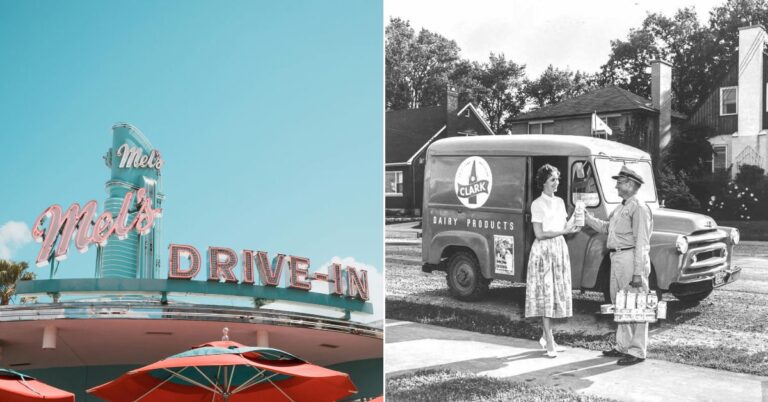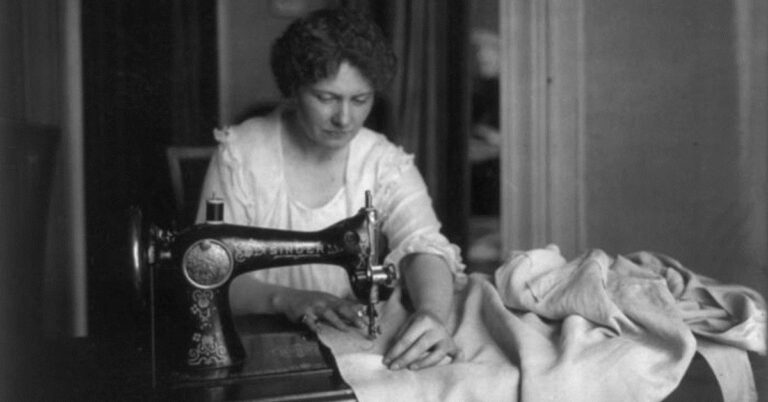‘40s and ‘50s Slang That Means Something Entirely Different Today

Slang from the ‘40s and ‘50s once rolled off tongues in soda shops and swing clubs, but now they’d earn blank stares or outright laughter. What made sense then feels hilariously out of place today, and that’s what makes revisiting them so much fun. Let’s break down some of these gems that meant one thing back then and something completely different now—or nothing at all.
“Making Love”

Back in the day, “making love” had absolutely nothing to do with bedroom antics. It was all about flirtation, sweet talk, and charming someone. Imagine a dapper gent in a fedora telling his buddies, “I was making love to her all evening,” and all he meant was that he was trying to impress her with compliments. Today, the phrase has taken a far more… literal turn.
“Now You’re Cooking With Gas”

In the ‘40s, this wasn’t just a catchy line—it was a marketing strategy. As electric stoves were gaining popularity, the natural gas industry launched this phrase to convince people that gas stoves were the modern, efficient way to cook. It quickly became synonymous with being on the right track or finally nailing something.
“Take a Powder”

This one had some flair. To “take a powder” in the ‘40s and ‘50s meant to make a quick exit, often without an explanation. It might’ve originated from women excusing themselves to the “powder room” and never coming back, but it soon became slang for ditching any situation fast—think of it as the ghosting of its day.
“Ain’t Nobody Here But Us Chickens”

This was just a playful way of saying, “Nothing to see here!” Borrowed from a vaudeville routine and later immortalized in a 1947 Louis Jordan song, it was often used humorously when someone was caught red-handed—or just trying to feign innocence. Picture a bunch of kids huddled around a broken vase, chiming, “Ain’t nobody here but us chickens!”
“Open the Door, Richard!”

Stemming from a vaudeville routine and later a hit Louis Jordan song, “Open the Door, Richard!” became a way to jokingly say, “Let me in!” or hurry someone up. It carried a humorous impatience, often used when someone was taking too long to answer the door—or metaphorically, to grant access.



